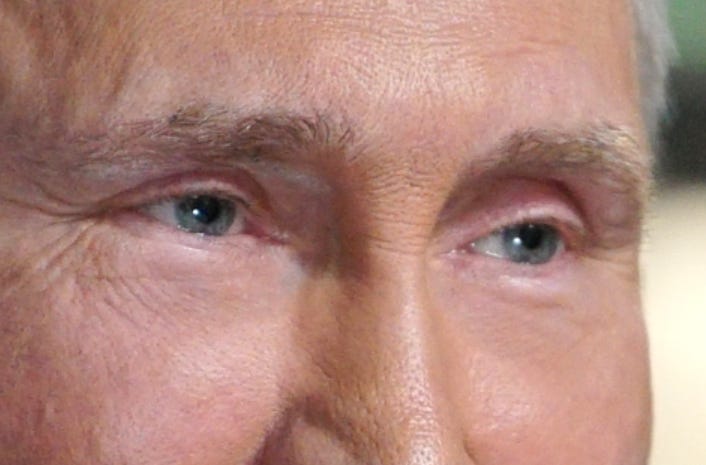When Vladimir Putin resumed his supposed proxy war against NATO in February, Ukraine was still mostly equipped with Russian weaponry. By necessity, that has begun to change. The longer the war continues, the more of an actual, real, not-imaginary NATO proxy Ukraine becomes. This has been a self-fulfilling prophecy of doom.
However, Putin still shows no s…
Keep reading with a 7-day free trial
Subscribe to Polemology Positions to keep reading this post and get 7 days of free access to the full post archives.




